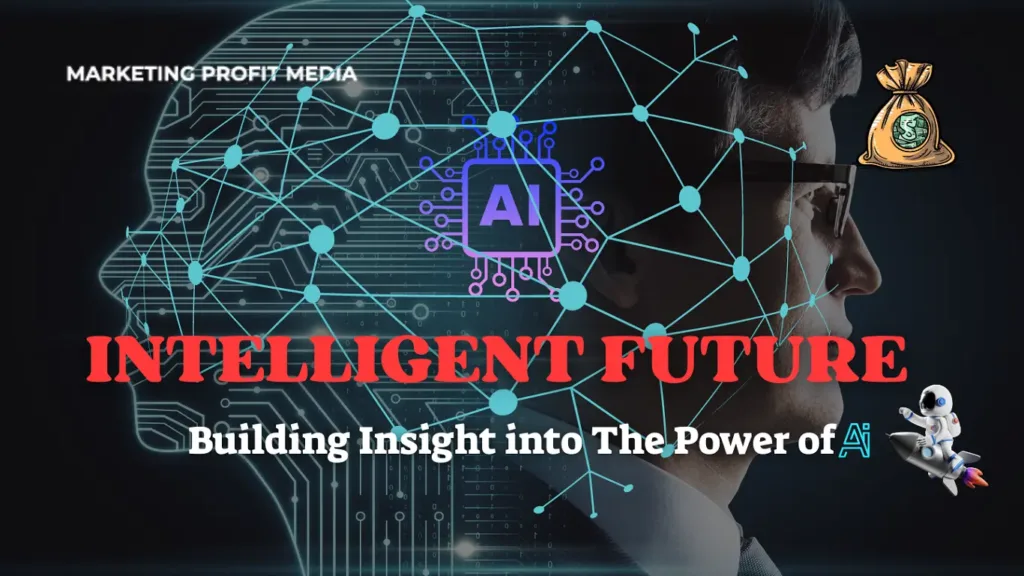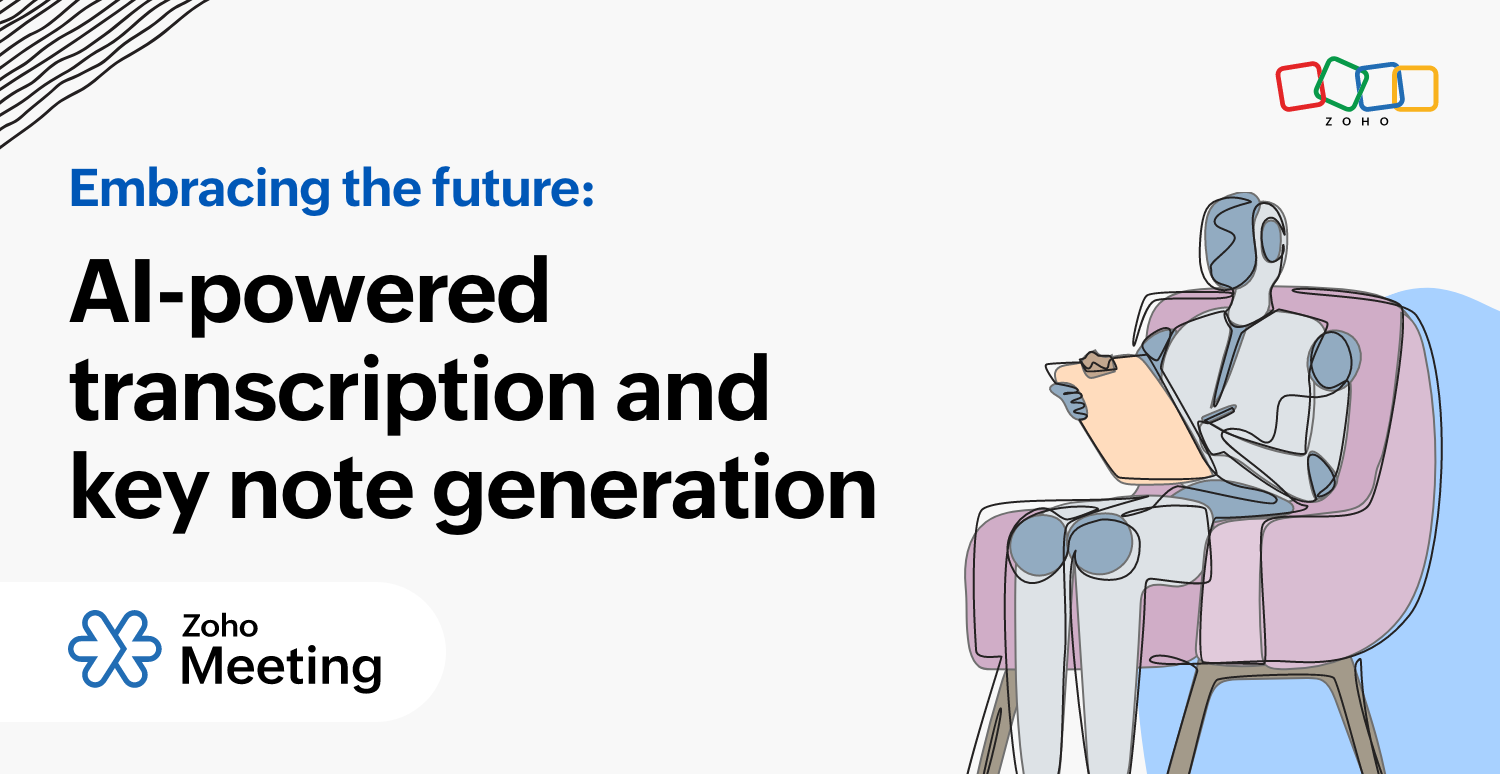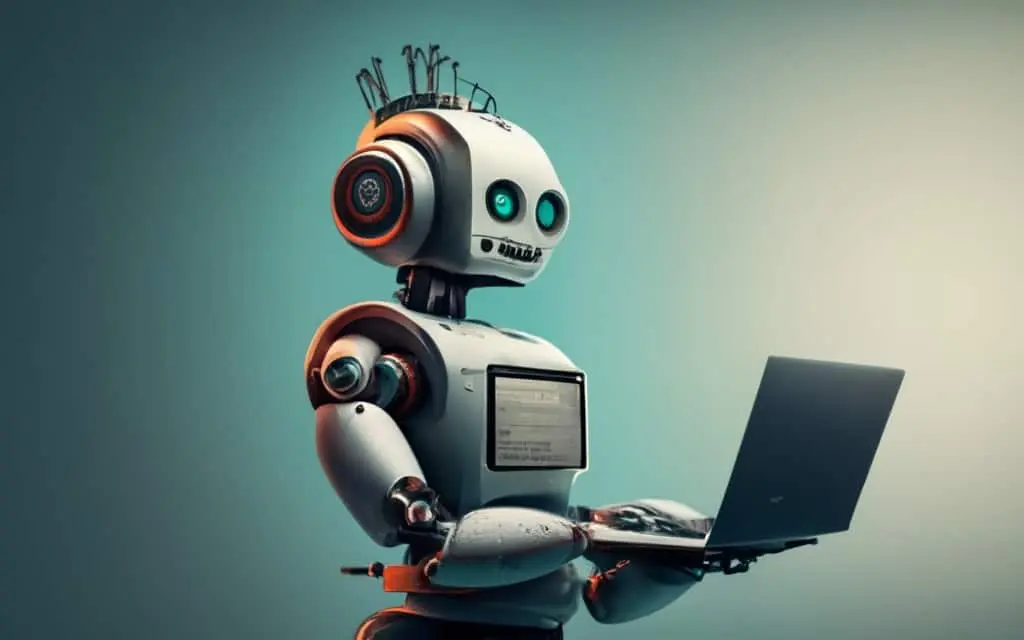Artificial intelligence (AI) is changing every part of our lives and businesses. It has a huge amount of promise that keeps growing.
Artificial intelligence (AI) has become a popular term that people and companies are interested in. AI systems can now do things like learning, problem-solving, and making decisions that used to require human ability. AI has a huge range of uses, from healthcare to banking, and it drives both speed and new ideas.
Some of the things that AI has changed are self-driving cars, smart helpers, and personalized suggestions. As AI technology gets better, it opens up even more options that will change the way we live and work. Knowing AI’s strengths and weaknesses can help us find our way in the smart future, opening up new possibilities and solving problems in the best way possible. Using AI is no longer a choice; it’s necessary for growth.

>> My Best Recommended & Proven Way to Make $100- $200 Daily – Click HERE for Instant ACCESS Now >>
The Dawn Of Ai: From Fiction To Reality
The concept of Artificial Intelligence (AI) has fascinated humans for generations. Once a mere figment of science fiction, AI is now a tangible reality. This journey from imaginative stories to real-world applications is both intriguing and inspiring.
Early Inspirations And Predictions
The roots of AI can be traced back to ancient myths and stories. Greek mythology spoke of automatons, while tales of mechanical beings appeared in various cultures. These early stories inspired thinkers and scientists to dream of intelligent machines.
In the 20th century, literature and cinema further fueled AI dreams. Isaac Asimov’s “I, Robot” and Stanley Kubrick’s “2001: A Space Odyssey” painted vivid pictures of AI’s potential. These works predicted a future where machines could think and act like humans.
Milestones In Ai Development
The path to creating intelligent machines involved significant milestones. Here are some of the key achievements:
- 1950: Alan Turing introduces the Turing Test to measure machine intelligence.
- 1956: The term “Artificial Intelligence” is coined at the Dartmouth Conference.
- 1966: ELIZA, the first chatbot, is developed by Joseph Weizenbaum.
- 1997: IBM’s Deep Blue defeats world chess champion Garry Kasparov.
- 2011: IBM’s Watson wins the game show Jeopardy!
- 2016: Google’s AlphaGo defeats a world champion Go player.
These milestones highlight AI’s evolution from simple programs to complex systems. Each achievement brought us closer to realizing AI’s full potential. Today, AI influences many aspects of our lives, from healthcare to entertainment.
Understanding AI’s journey helps us appreciate its current capabilities. It also gives us a glimpse into the future possibilities of this transformative technology.
Core Technologies Powering Ai
Artificial Intelligence (AI) is changing our world rapidly. It relies on several core technologies. These technologies make AI smart and efficient. Let’s explore the main technologies powering AI.
Machine Learning And Deep Learning
Machine Learning (ML) is a branch of AI. It allows computers to learn from data. ML uses algorithms to find patterns. These patterns help make decisions. ML is used in many areas, such as:
- Spam detection
- Recommendation systems
- Predictive analytics
Deep Learning (DL) is a subset of ML. It uses neural networks with many layers. These layers process vast amounts of data. DL is excellent for complex tasks like:
- Image recognition
- Speech recognition
- Natural language understanding</li> &amp;lt;/ul> <h3>Neural Networks And Natural Language Processing
Neural Networks are like the human brain. They have nodes that act like neurons. These nodes process information. Neural networks are crucial for:
- Pattern recognition
- Data classification
- Forecasting
Natural Language Processing (NLP) helps machines understand human language. NLP involves several techniques, such as:
- Text analysis
- Sentiment analysis
- Machine translation
NLP is vital for applications like:
- Chatbots
- Virtual assistants
- Language translation tools
These core technologies power AI. They help machines learn, think, and understand. Our intelligent future depends on them.
Ai’s Impact On Industry And Society
The world is changing fast. Artificial Intelligence (AI) is leading this change. AI’s impact on industry and society is huge. It touches every part of our lives. AI is making things better and smarter.
Revolutionizing Healthcare
AI is changing healthcare. Doctors use AI to help with diagnosis. AI systems can read medical images. They spot problems faster than humans. This helps doctors treat patients quickly.
AI-powered robots assist in surgeries. They make operations safer and more precise. AI can also predict disease outbreaks. This helps in taking early actions to save lives.
AI helps in drug discovery. Finding new medicines is faster with AI. It analyzes huge data sets quickly. This saves time and money.
|
AI in Healthcare |
Impact |
|---|---|
|
Diagnosis |
Faster and more accurate |
|
Surgery |
Safer and more precise |
|
Drug Discovery |
Quicker and cost-effective |
Transforming The Business Landscape
Businesses use AI to improve operations. AI helps in data analysis. It finds patterns and trends quickly. This helps companies make better decisions.
AI automates tasks. Repetitive jobs are done by machines. This saves time and reduces errors. Employees can focus on more important work.
Customer service is better with AI. Chatbots answer questions 24/7. They provide quick and accurate responses. This improves customer satisfaction.
Marketing also benefits from AI. AI analyzes customer behavior. It helps in creating targeted ads. This increases sales and profits.
- Data Analysis: Quick and insightful
- Task Automation: Saves time and reduces errors
- Customer Service: 24/7 support with chatbots
- Marketing: Targeted ads for better sales

Credit: www.zoho.com
>> My Best Recommended & Proven Way to Make $100- $200 Daily – Click HERE for Instant ACCESS Now >>
Ethical Considerations In Ai
Artificial Intelligence (AI) offers immense possibilities. It can transform various industries and improve our daily lives. Yet, ethical considerations in AI remain critical. These considerations ensure AI benefits everyone fairly and safely.
Bias And Fairness
AI systems learn from data. If the data contains biases, AI will also be biased. This can lead to unfair treatment of certain groups. Ensuring fairness in AI is essential.
Here are some key points to consider:
- Data Quality: Use diverse and representative data.
- Algorithm Transparency: Make AI algorithms understandable.
- Regular Audits: Check AI systems regularly for bias.
AI must treat everyone fairly. It should not favor one group over another.
Privacy And Security</h3>
AI systems often handle sensitive information. Protecting this data is crucial. Privacy and security in AI are vital for trust.
Here are some measures to ensure privacy and security:
- Data Encryption: Encrypt data to protect it.
- Access Control: Limit who can access the data.
- Regular Updates: Keep AI systems updated with the latest security measures.
AI should not invade privacy or compromise security. It must safeguard personal information.
| Key Aspect | Importance |
|---|---|
| Bias and Fairness | Ensures AI treats everyone equally |
| Privacy and Security | Protects sensitive information |
Ethical AI is necessary for a fair and safe future. Everyone must benefit from AI advancements.
The Role Of Data In Ai’s Evolution
Data is the backbone of Artificial Intelligence (AI). Without data, AI cannot function. The evolution of AI heavily relies on the availability of data. Understanding the role of data in AI’s growth is crucial.
The Importance Of Big Data
Big data plays a vital role in AI development. AI systems learn from vast amounts of data. This data helps AI to make accurate predictions and decisions. The more data AI has, the smarter it becomes.
Here are some key reasons why big data is essential for AI:
- Improved Accuracy: More data leads to better training of AI models.
- Diverse Insights: Big data provides a wide range of information.
- Real-time Processing: AI can analyze data instantly for quick decisions.
Challenges In Data Management
Managing data comes with its challenges. Ensuring data quality is a significant hurdle. AI needs clean, accurate data to function well. Handling large volumes of data can be overwhelming.
Some common data management challenges include:
- Data Quality: Ensuring data is accurate and up-to-date.
- Data Privacy: Protecting sensitive information from breaches.
- Data Integration: Combining data from various sources seamlessly.
Let’s explore these challenges in detail:
| Challenge | Description |
|---|---|
| Data Quality | Ensuring the data is clean and accurate for AI training. |
| Data Privacy | Protecting user data from unauthorized access and breaches. |
| Data Integration | Combining data from multiple sources for a unified dataset. |
Effective data management is critical for AI success. Overcoming these challenges can lead to more robust AI systems.
>> My Best Recommended & Proven Way to Make $100- $200 Daily – Click HERE for Instant ACCESS Now >>
Future Trends In Ai Technology
The world is rapidly evolving, and so is technology. Artificial Intelligence (AI) is at the forefront of this change. Many exciting trends are emerging in AI technology. These advancements promise to make our future smarter and more efficient.
Advancements In Ai Algorithms
AI algorithms are becoming more advanced. They can now learn and adapt faster. This is thanks to machine learning and deep learning. These methods allow AI to understand complex data.
For example, AI can now recognize images and speech with high accuracy. It can also predict outcomes and provide personalized recommendations. These advancements improve various industries, from healthcare to finance.
HealthcareDiagnosis and treatment plans
| Industry | AI Application&lt;/th> |
|---|---|
| Finance | Fraud detection and risk management |
| Retail | Personalized shopping experiences |
The Rise Of Quantum Computing
Quantum computing is another exciting trend. It uses the principles of quantum mechanics. This allows it to solve complex problems much faster.
Traditional computers use bits, which can be 0 or 1. Quantum computers use qubits, which can be both at the same time. This makes quantum computers incredibly powerful.
Quantum computing will revolutionize AI. It will enable more advanced algorithms and deeper insights. This will lead to better decision-making and more efficient processes.
- Faster data processing
- Improved simulations and modeling
- Enhanced cryptography and security
These trends will shape the future of AI. They will make our world smarter, safer, and more efficient.
Preparing For An Ai-driven World
As artificial intelligence (AI) evolves, our world changes rapidly. We must get ready for an AI-driven future. This preparation involves learning new skills, creating policies, and understanding AI’s impact. Let’s explore these aspects in more detail.
Skills For The Future
The job market will change with AI. Some jobs may disappear, while new ones will emerge. People need new skills to stay relevant. Critical thinking and problem-solving are essential. Understanding data and how to analyze it is crucial.
Here are some key skills:
- Data Literacy: Knowing how to read and use data.
- Programming: Basic coding skills will be important.
- Adaptability: Being flexible and open to change.
- Emotional Intelligence: Understanding and managing emotions.
Policy And Regulation
AI brings both opportunities and challenges. Governments need to create policies to manage AI’s impact. These policies should ensure safety and fairness. They must protect privacy and prevent misuse.
Key areas for policy development:
- Data Protection: Ensuring data privacy and security.
- Ethical Standards: Creating guidelines for ethical AI use.
- Transparency: Making AI decisions clear and understandable.
- Workforce Transition: Helping workers adapt to new roles.
Effective policies will help balance innovation with protection. They will create a safe and fair environment for AI growth.

Credit: www.Ideogram.ai
Frequently Asked Questions
What Is Artificial Intelligence?
Artificial intelligence (AI) simulates human intelligence in machines. It enables tasks like learning, reasoning, and problem-solving.
How Does Ai Impact Daily Life?
AI enhances daily life through smart assistants, personalized recommendations, and automation, improving convenience and efficiency.
Can Ai Improve Business Efficiency?
Yes, AI automates tasks, analyzes data, and predicts trends, significantly boosting business efficiency and decision-making.
What Are The Types Of Ai?
AI includes narrow AI, which performs specific tasks, and general AI, which mimics human intelligence broadly.
Is Ai Safe For Society?
AI’s safety depends on ethical use, proper regulations, and addressing potential biases and privacy concerns.
Conclusion
The power of Artificial Intelligence is transforming our lives rapidly. Embracing AI can unlock tremendous opportunities for innovation. Staying informed and adaptable is crucial in this intelligent future. By understanding AI, we can harness its potential for a better tomorrow.
Let’s embrace this technological revolution and shape a smarter world.
>> My Best Recommended & Proven Way to Make $100- $200 Daily – Click HERE for Instant ACCESS Now >>
Thanks for reading my article on “Embracing the Intelligent Future Building Insight into The Power of AI”, hope it will help!














